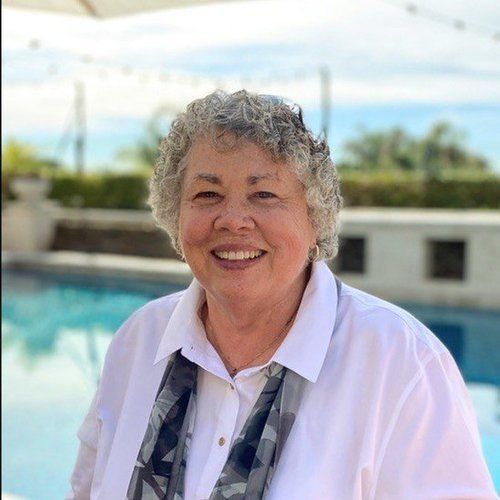
In general, most of us are poor listeners. Here’s a good story to prove my point. It seems that Franklin Roosevelt didn’t really enjoy long receiving lines. He complained that no one really paid any attention to what was being said.
So, one day, he decided to test his hypothesis. When he spoke with each person as they came down the line, he murmured, “I murdered my grandmother this morning.” Apparently, the dignitaries in line responded with phrases like, “Marvelous. Keep up the good work. We are proud of you. God bless you, sir.”
It wasn’t until the end of the line, while greeting the ambassador from Bolivia, that his words were actually heard. Nonplussed, the ambassador leaned over and whispered, “I’m sure she had it coming” (Source Unknown).
Listening; really listening, is a skill that can be learned. James knew that and encouraged the believers to do so. He said, “...Everyone should be quick to listen, slow to speak...” (James 1:19).
Truth is, we have the capacity to be good listeners. Speech experts tell us that we can speak at about 140-180 words per minute, but we can listen at a speed of about 400 words per minute.
So, what could we be doing with that extra time? What might our brains be gathering as we listen so carefully? How could we be enhancing the processing? Well, I am thinking that we could “read the room” as they say. As we focus on the act of words being spoken, we could also be gathering visual clues from body language, facial expressions, and other signs. With that much brain power available, we might be able to “hear” so much more.
When my Goddaughter was little, I often read to her and, of course, she “read” to me as well. After a while I knew all the little books by heart, so when she would read, my mind would wander. Pretty soon I wouldn’t be paying attention at all.
On one such occasion she cried out, “Sherry, you need to be listening.” I responded that I was. And then she said, “I need you to listen with your eyes!”
This week let’s pay attention, real attention to what our friends and loved ones are saying. Let’s concentrate on both the words and their meaning. Let’s give value to those conversations and listen with our eyes!
So, one day, he decided to test his hypothesis. When he spoke with each person as they came down the line, he murmured, “I murdered my grandmother this morning.” Apparently, the dignitaries in line responded with phrases like, “Marvelous. Keep up the good work. We are proud of you. God bless you, sir.”
It wasn’t until the end of the line, while greeting the ambassador from Bolivia, that his words were actually heard. Nonplussed, the ambassador leaned over and whispered, “I’m sure she had it coming” (Source Unknown).
Listening; really listening, is a skill that can be learned. James knew that and encouraged the believers to do so. He said, “...Everyone should be quick to listen, slow to speak...” (James 1:19).
Truth is, we have the capacity to be good listeners. Speech experts tell us that we can speak at about 140-180 words per minute, but we can listen at a speed of about 400 words per minute.
So, what could we be doing with that extra time? What might our brains be gathering as we listen so carefully? How could we be enhancing the processing? Well, I am thinking that we could “read the room” as they say. As we focus on the act of words being spoken, we could also be gathering visual clues from body language, facial expressions, and other signs. With that much brain power available, we might be able to “hear” so much more.
When my Goddaughter was little, I often read to her and, of course, she “read” to me as well. After a while I knew all the little books by heart, so when she would read, my mind would wander. Pretty soon I wouldn’t be paying attention at all.
On one such occasion she cried out, “Sherry, you need to be listening.” I responded that I was. And then she said, “I need you to listen with your eyes!”
This week let’s pay attention, real attention to what our friends and loved ones are saying. Let’s concentrate on both the words and their meaning. Let’s give value to those conversations and listen with our eyes!

Sherry Worel
Sherry Worel is a Bible teacher at heart and lives a life of ministry. She’s been involved at Coast Hills teaching Women’s LIFE, Bible studies, online courses, devotionals, participating in Upstream conversations, and much more. Having a love for education, Sherry has over 50 years of teaching experience with schools, churches, and mission agencies. As well as earning her Master’s at Talbot Seminary, she rounded out her education with 35 years as Head of School at Stoneybrooke Christian School. Sherry is happiest with a book or fishing pole in hand.
